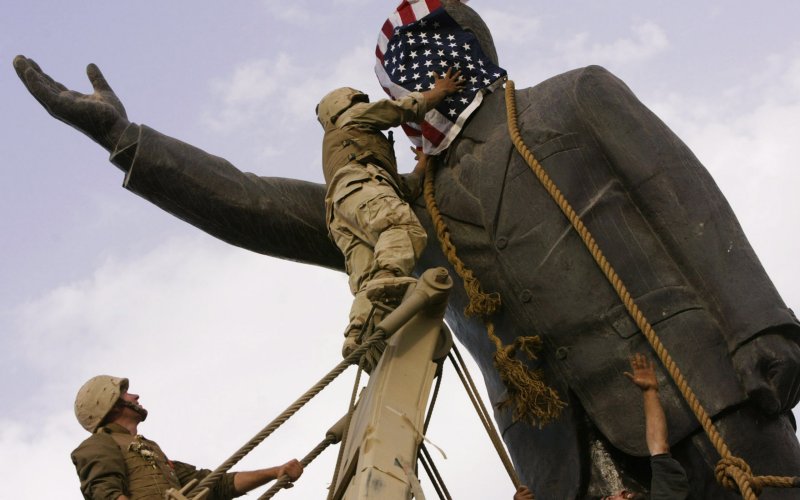The US Has Screwed Up in the Muslim World for 36 Years
AI Overview
Summary is AI-generated, newsroom-reviewed.
In America’s War for the Greater Middle East, Andrew J. Bacevich, one of our most eloquent and incisive students of American foreign policy, military history, and the often-vexed nexus between the two, makes a startling claim: For the last 36 years, the United States has been engaged in an ill-advis
Read the full article for more on:
- Important insights and detailed analysis
- Expert commentary on current events
- Breaking developments and updates

In America’s War for the Greater Middle East, Andrew J. Bacevich, one of our most eloquent and incisive students of American foreign policy, military history, and the often-vexed nexus between the two, makes a startling claim: For the last 36 years, the United States has been engaged in an ill-advised, counterproductive struggle to shape the destiny of the Muslim […]










COMMENTS